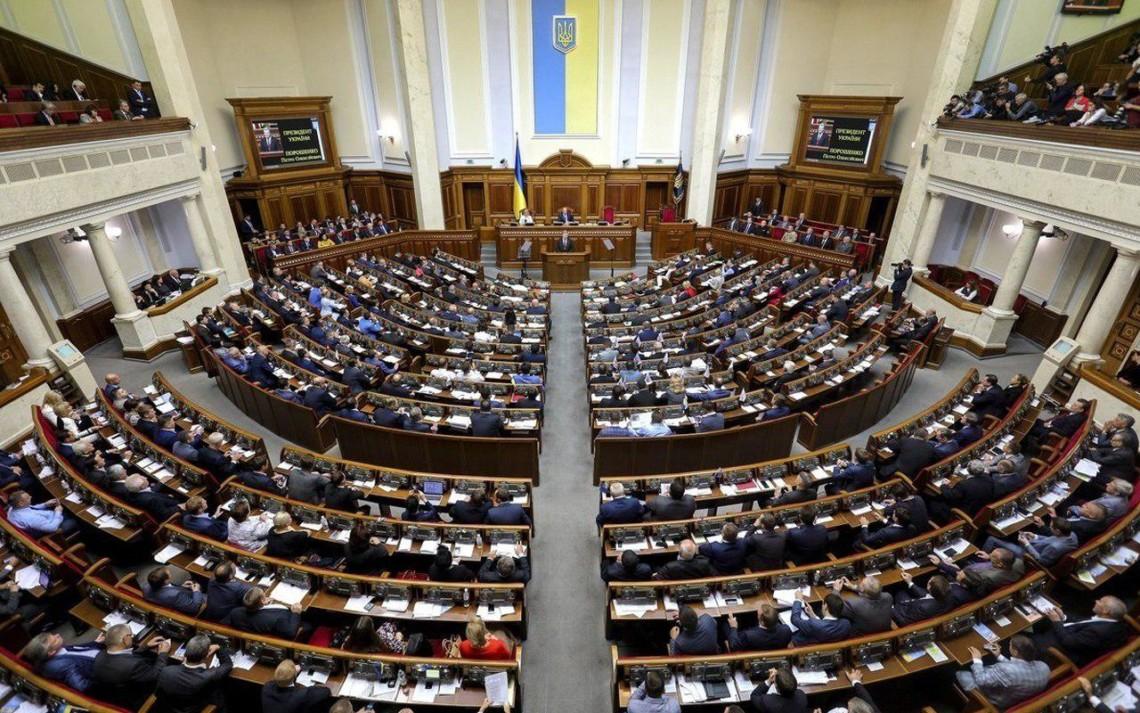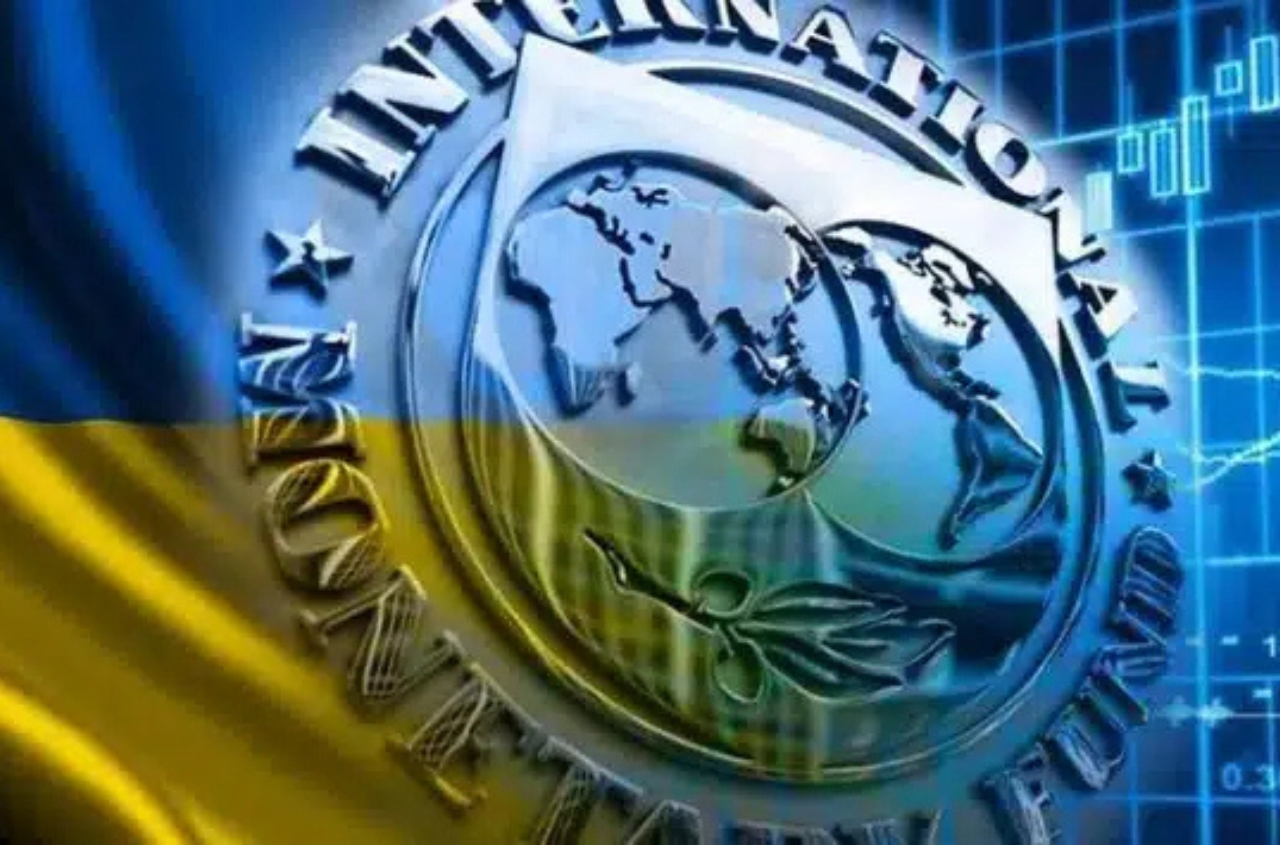The Cabinet of Ministers of Ukraine approved a draft law on amendments to the Customs Code of Ukraine, necessary to ensure the international application of the NCTS and expand the implementation of EU customs legislation. This draft law will be submitted to the Verkhovna Rada of Ukraine.
"The proposed amendments to the Customs Code are extremely important for Ukrainian business, in particular, to speed up the passage of goods across the customs border and their customs clearance, which became especially urgent during the war after February 24. In addition, such changes are necessary to ensure the international application of the NCTS and further harmonization of the Customs Code of Ukraine with the EU Customs Code," said Minister of Finance of Ukraine Serhii Marchenko.
Ukraine is already completing NCTS testing for compliance with the provisions of the Convention on the Common Transit Procedure. By the end of 2022, Ukraine must successfully pass the Assessment Mission and accede to the Convention on the Common Transit Procedure and the Convention on the Facilitation of Formalities in Trade in Goods.
The adopted Government decision defines the key objectives of further implementation of EU customs legislation in Ukraine, namely:
the possibility of using Ukrainian transit declarations using NCTS without the need to issue any additional transit documents within 36 countries, which will speed up the passage of goods across customs borders;
expanding the range of enterprises to which customs simplifications similar to European ones will be available:
- with requirements for financial stability for enterprises with the status of AEO (highest level of confidence),
- with the possibility of using a combination of simplifications without requirements for financial stability for enterprises without the status of AEO and enterprises using NCTS;
introduction of a European decision-making system for granting authorizations for simplifications and other decisions at the request of the enterprise (introduction of the “right to be heard†to reduce controversial issues);
introduction of the European model of preliminary decisions on classification and country of origin of goods (decisions on binding information);
introduction of the European practice of guaranteeing the payment of customs duties with the possibility of exemption from the guarantee for enterprises that move any goods, not just goods on a certain list (as an element of customs simplification);
laying the foundation for building a partnership between customs and business, which will speed up customs clearance.
The draft law was elaborated by the Ministry of Finance in cooperation with the State Customs Service with the support of the Office of Reforms under the Ministry of Finance and the EU4PFM programme.





















